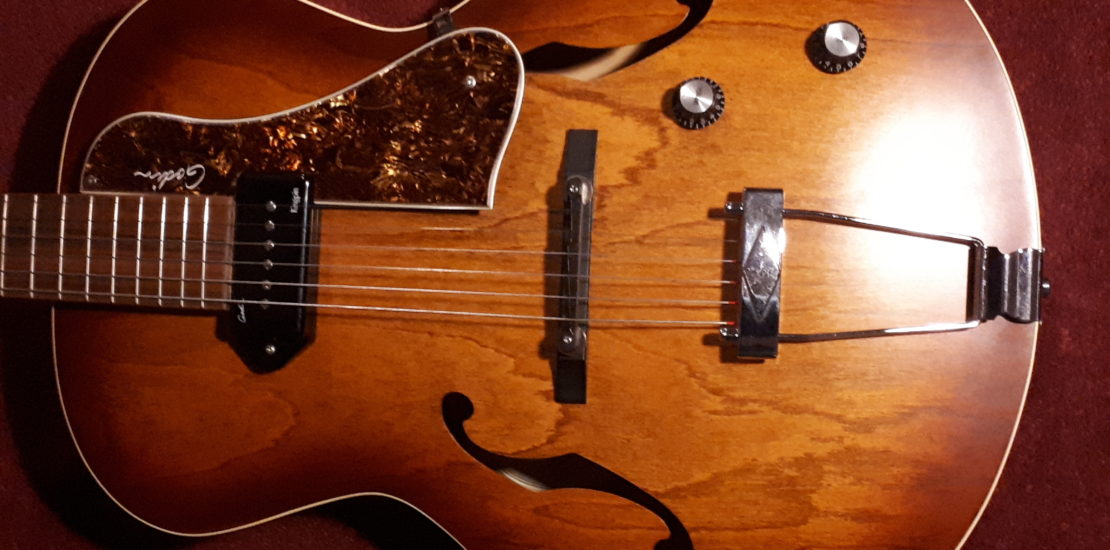- February 8, 2019
- Posted by: Stephen Burt
- Category: Coaching

2. Attending to process while allowing issues and insights to emerge
How the coach holds their authority is mirrored in how they hold themselves and their desire to achieve an outcome for the client. In pursuit of an outcome, a key role of the coach is to manage the process. At the same time, clients need space to explore, and often their early descriptions of their ’issue’ prove to be no more than a first pass with deeper, sometimes quite different issues later becoming the figure of interest. So tight management of the process is important for using time well and maximising the chances of a useful outcome, but it can strangle the development of awareness. The process needs to be tight and loose.
This is not however just a matter of using technique to exert more or less control. It can also be a matter of, for example, the coach managing their own need for control, progress or performance. So their self-awareness of their own needs interacts with their technique and intention as a coach. For me, one way this comes together is in my willingness to invite the client to do ‘experiments’ during coaching. I offer something that I believe may help raise awareness and generate possibilities. But I know neither whether the client will agree nor whether what I suggest will prove useful. We may get lost or diverted. And I need to be ok with that, balancing it with my awareness of my contract to support the client in making progress on their issue.

